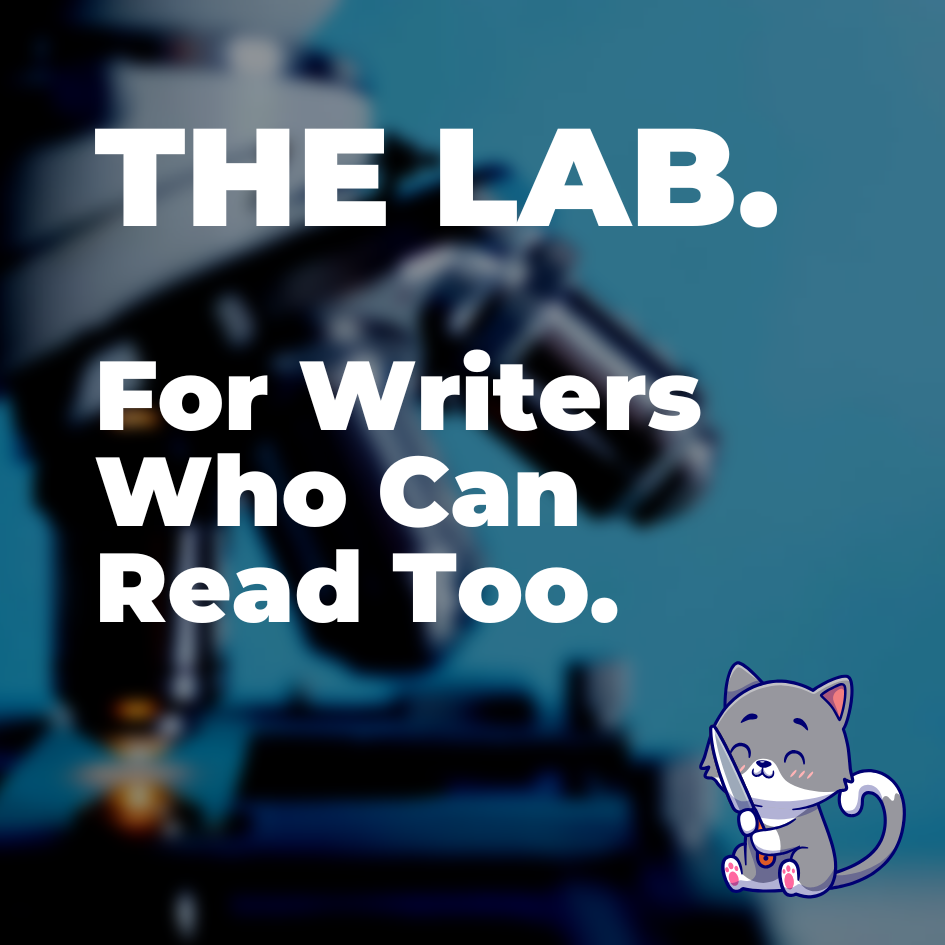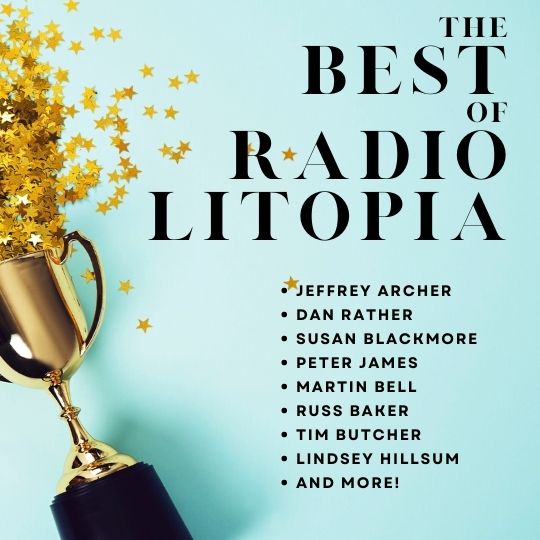AnnieSummerlee
Full Member
Hiya everyone. I'm writing a blog post for an event of sorts, and I'm interested in knowing if anyone has any particular tricks/rules that they follow when drafting a short story. If you don't write short stories but think the process (of writing novels or poetry etc) is similar, feel free to share!



